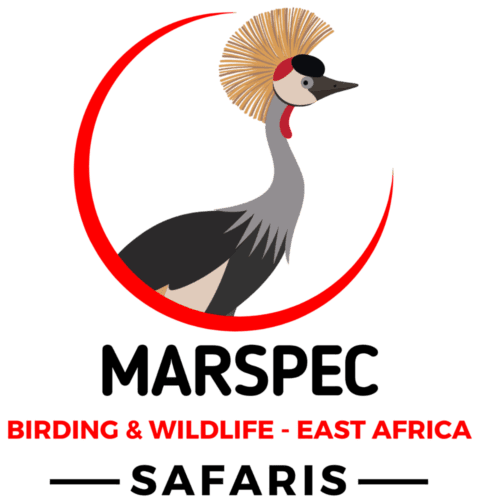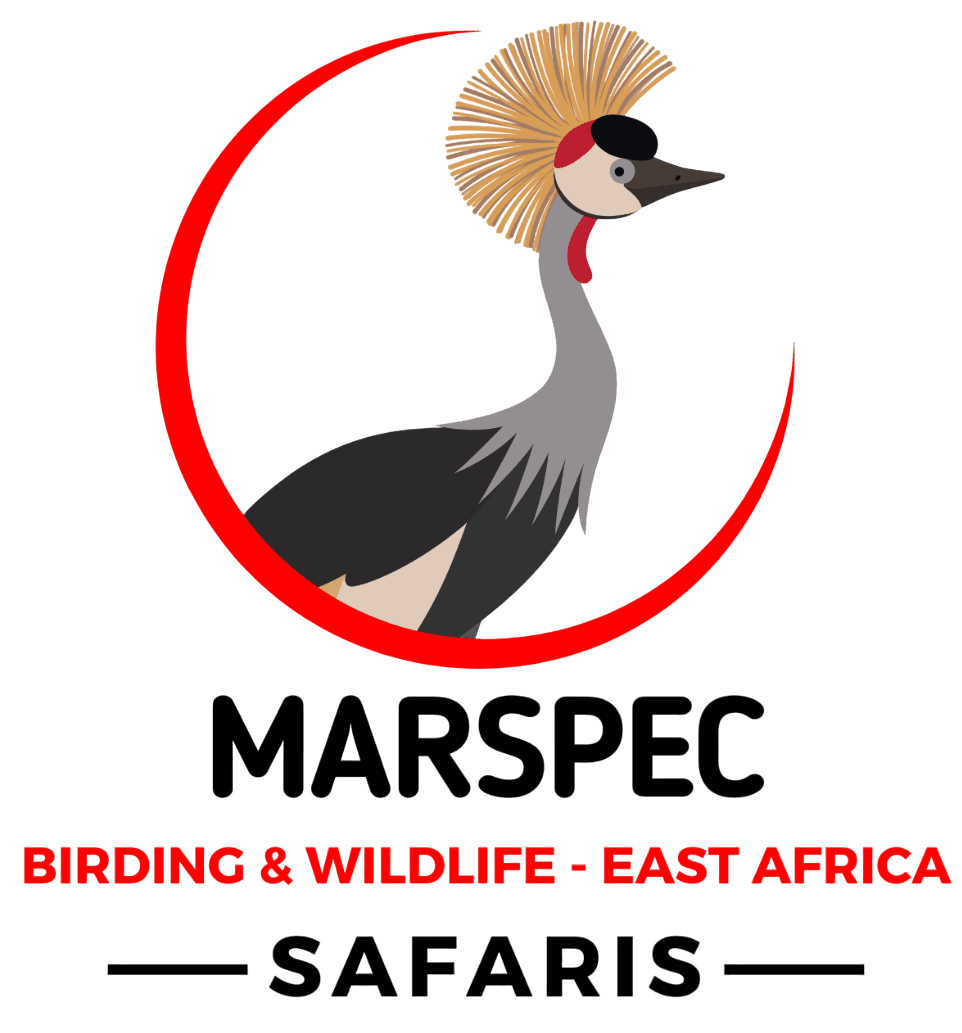Kenya Safaris
Birding in Kenya
Kenya is a top birding destination for bird lovers. With over 1,164 bird species, including vibrant flamingos and majestic raptors, birding in Kenya presents a great opportunity to watch the 9 endemic birds.
Birding Habitats in Kenya
Kenya is a birding paradise. It has diverse habitats, including lakes, savannas, montane forests, coastal forests, and wetlands. Whether exploring all or part of the country or exploring all or part of these habitats, the country offers year-round birdwatching opportunities.
Our birding safaris easily tick over 500 bird species in just 3 weeks
Best birding seasons in Kenya
Kenya’s birding weather varies by season, but due to the country’s diverse habitats, birdwatching is excellent year-round.
November–April (Peak Birding Season & Migratory Birds)
It is the best birding photography season for breeding plumage, which makes photography spectacular. The season is also the migratory window with migrant species from Europe and Asia in Kenya.
June–October (Dry Season & Best Visibility)
It is great for savanna species because species gather near water sources, making spotting easier
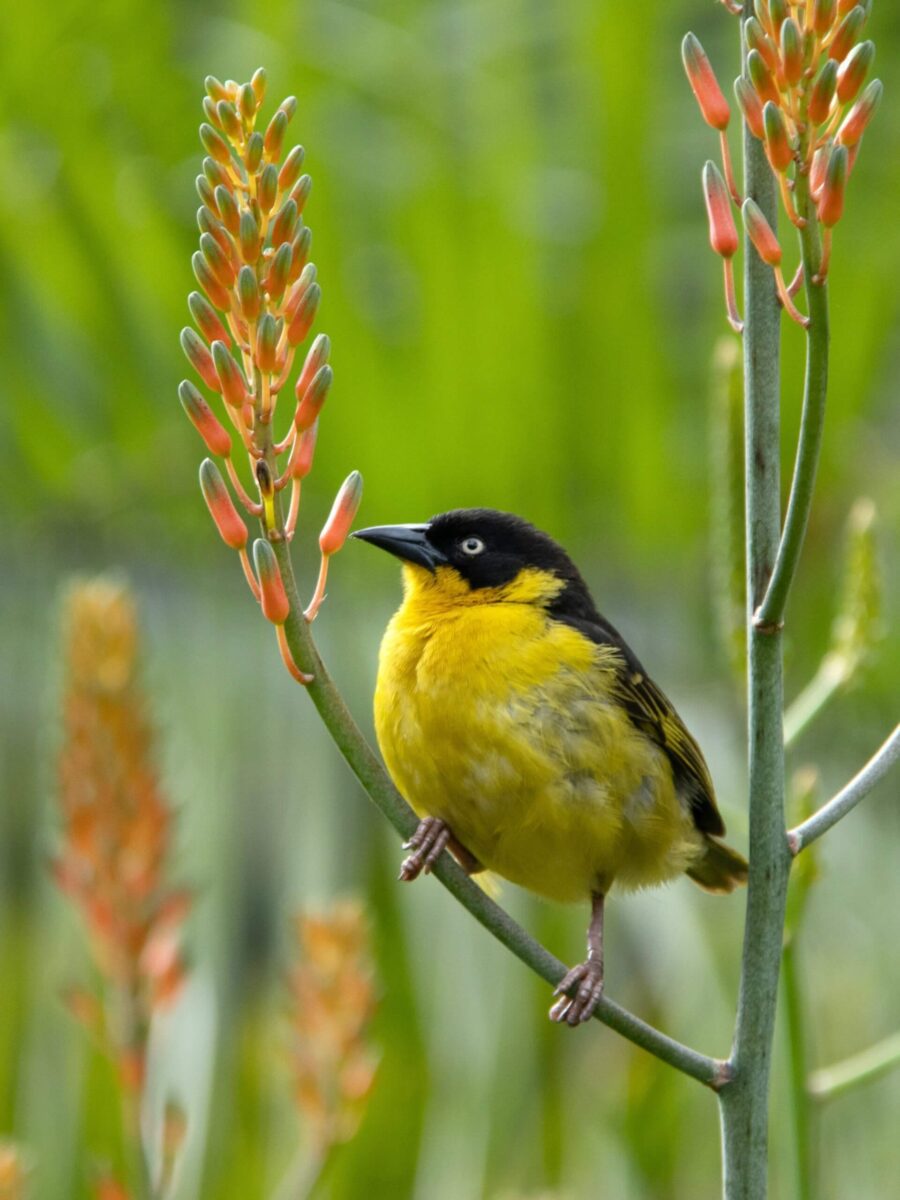
Popular Birding Safaris in Kenya
Top Birding Destinations in Kenya
Our carefully organized destinations in Kenya take you to over 60 Important Bird Areas (IBAs) and numerous national parks ideal for birdwatching.
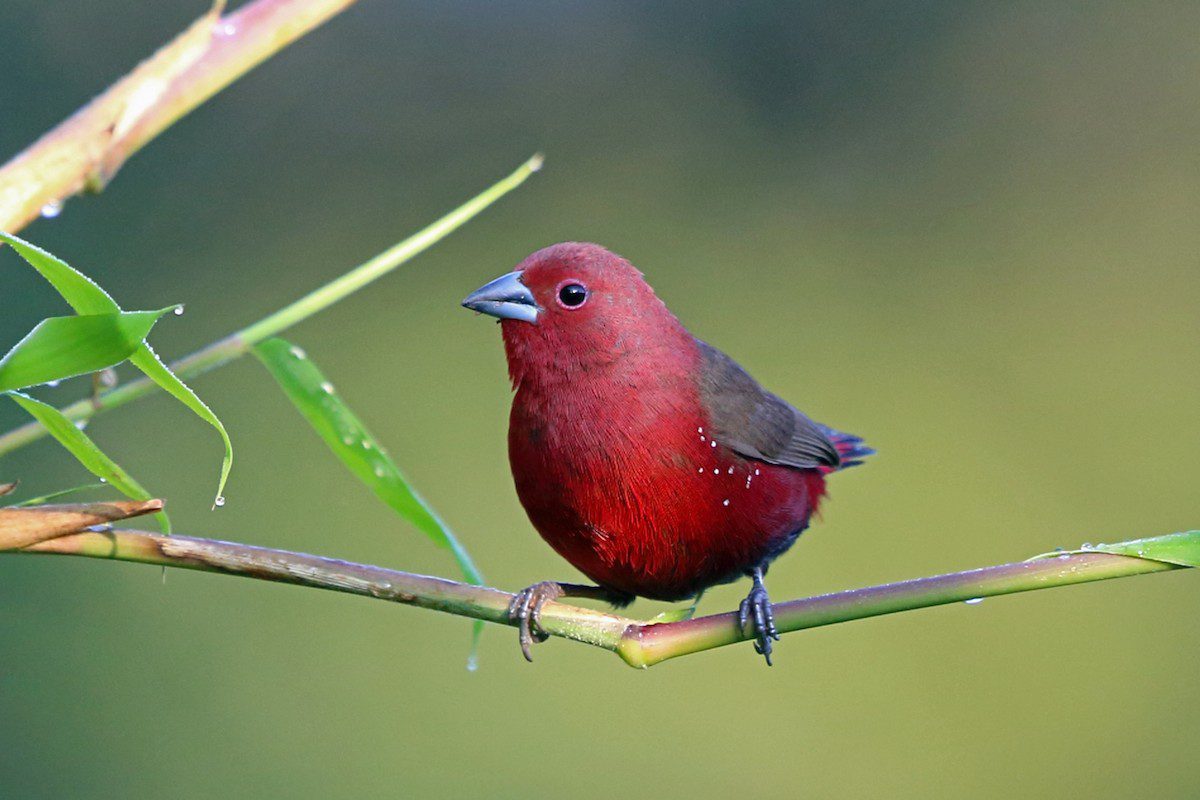
Rift Valley Lakes (Nakuru, Naivasha, Baringo, Bogoria)
Has over 500 bird species, including Waterbirds, flamingos, and raptors.
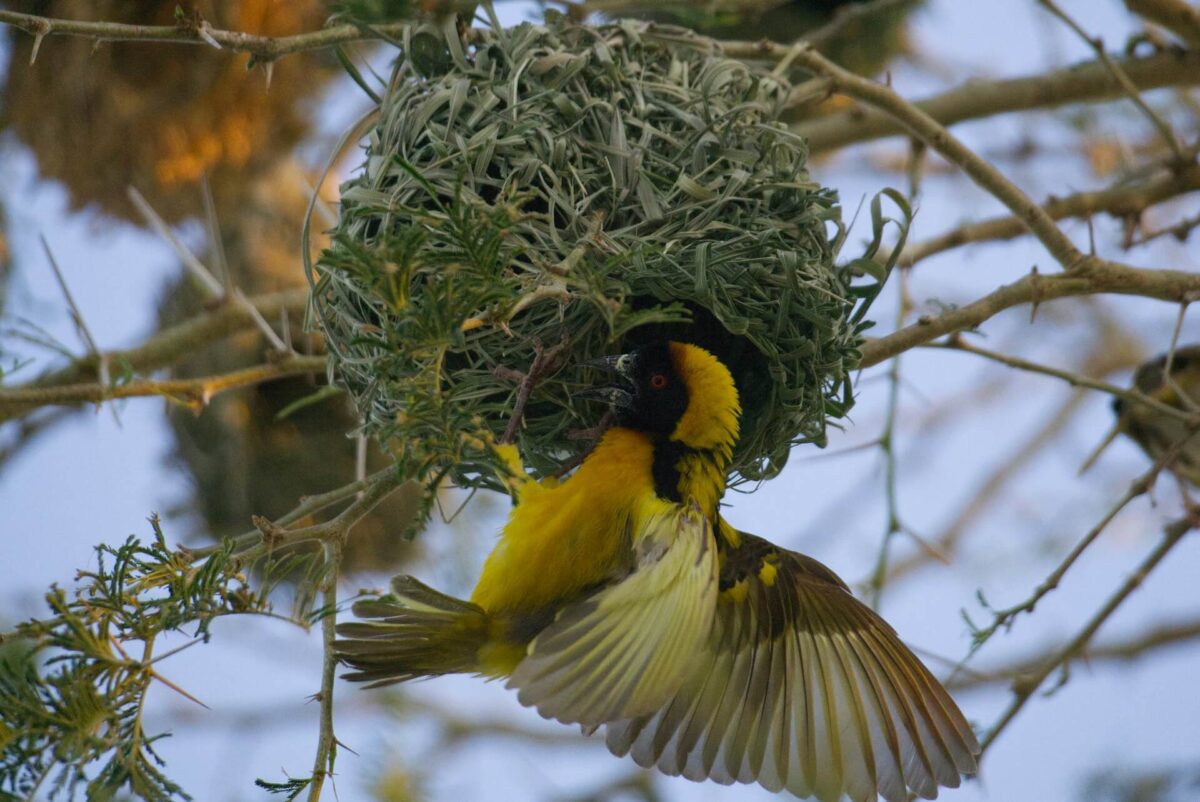
Arabuko-Sokoke Forest
Home to endemic and rare forest birds, ideal for specialized birders. Endemics like Clarke’s Weaver and Sokoke Scops Owl.
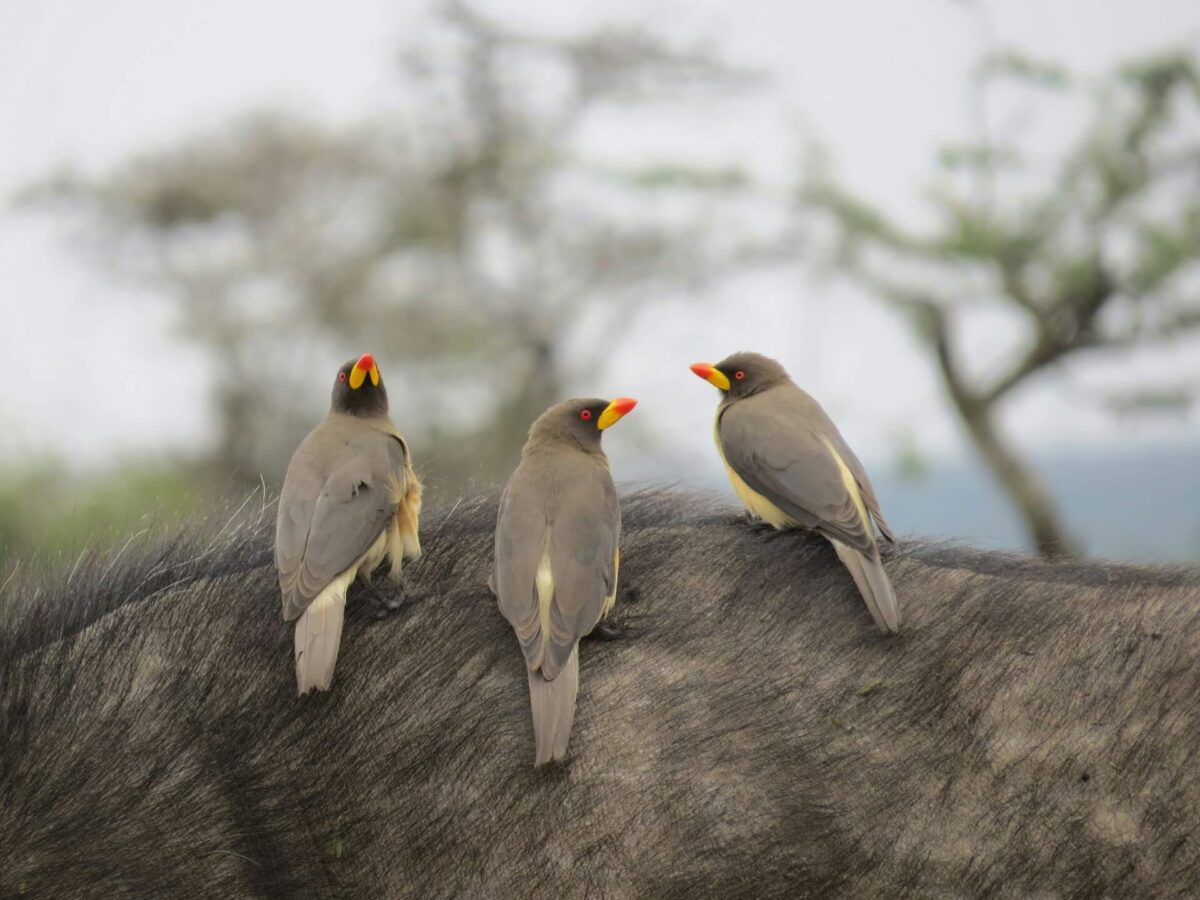
Maasai Mara & Serengeti
Boasting over 500 bird species, it’s great for grassland and raptor species.
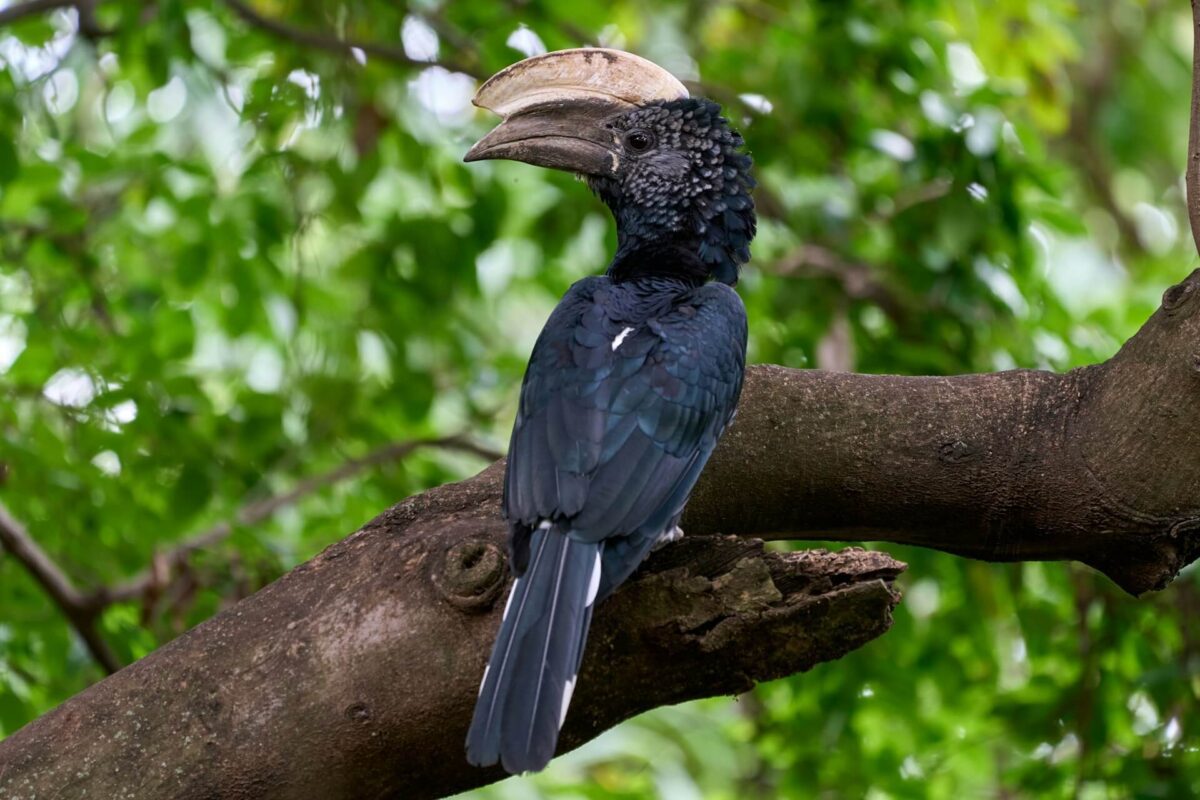
Kakamega Forest
Kenya’s only tropical rainforest, home to many Central African species not found elsewhere in the country.
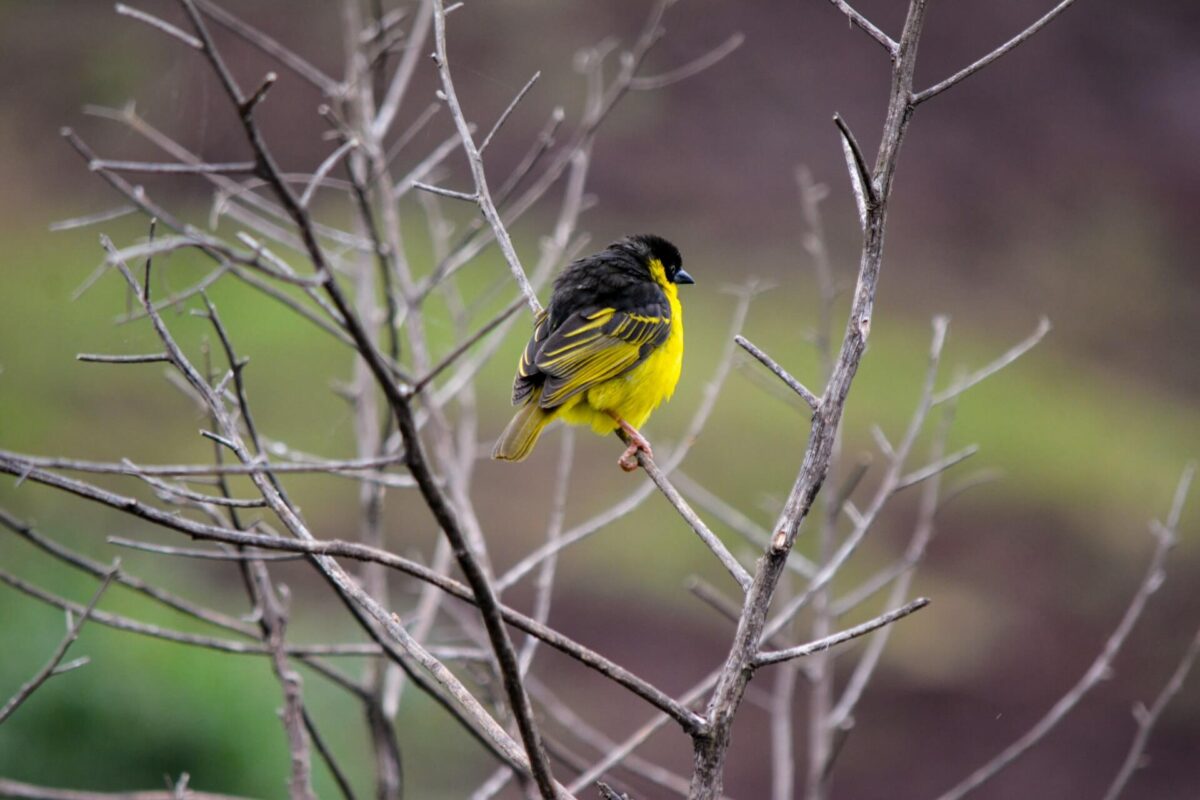
Aberdare & Mount Kenya
High-altitude specialized species like Jackson’s Francolin and Aberdare Cisticola.
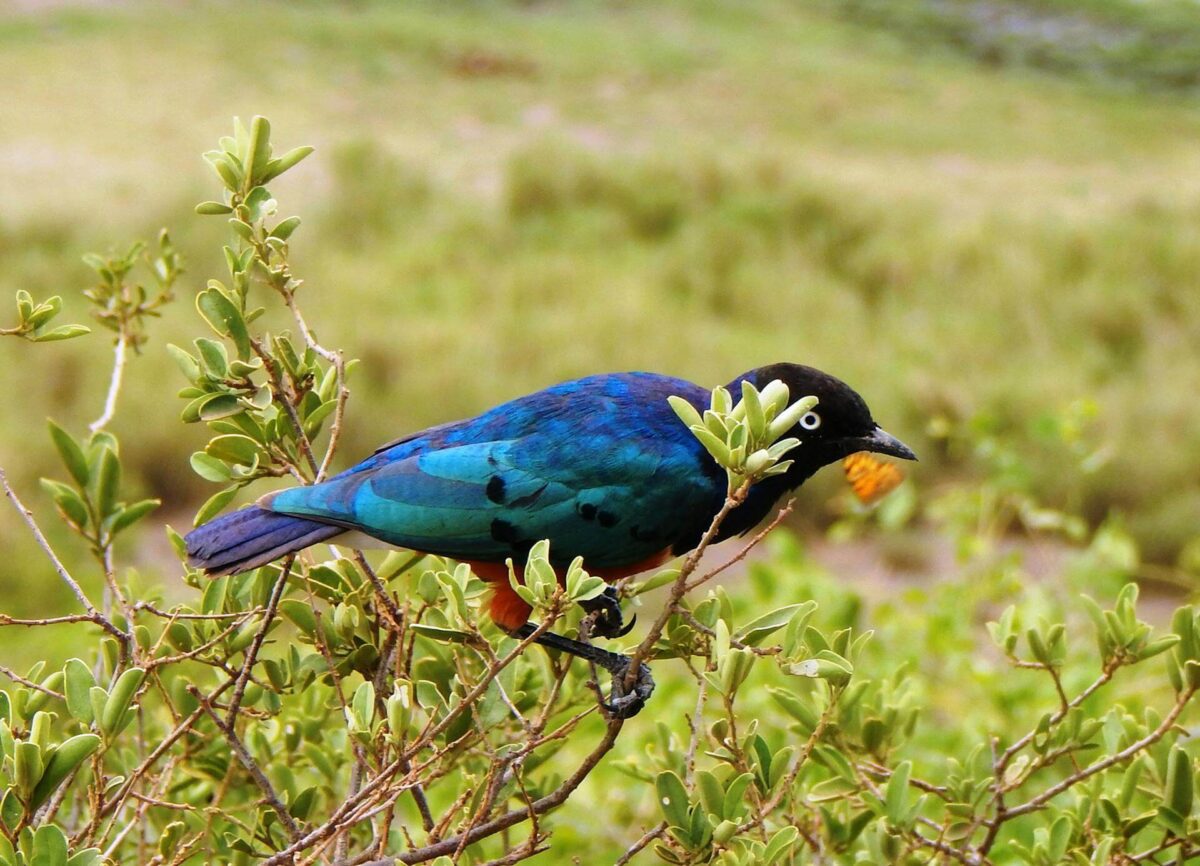
Amboseli National Park (Wetlands & Grasslands)
Spectacular birding of a potential 400 species with Mount Kilimanjaro in the background
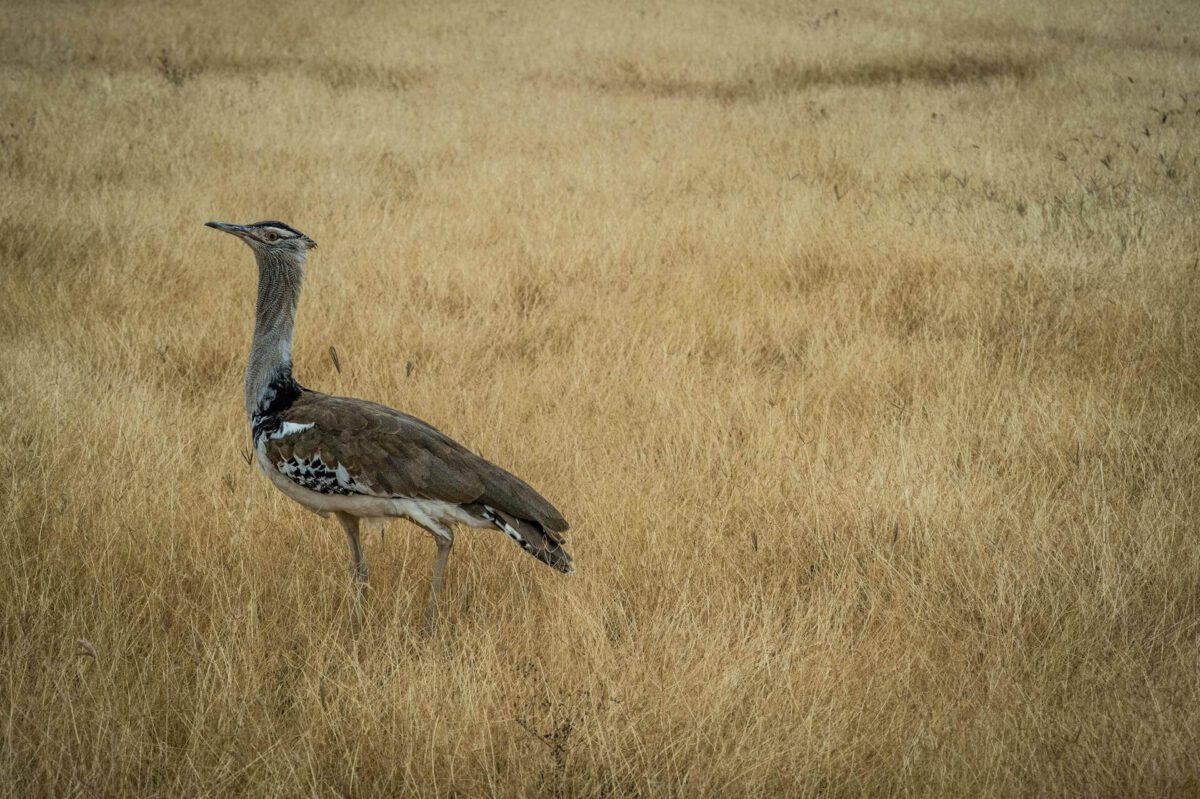
Samburu National Reserve (Northern Kenya)
With over 450 species, it is best for dryland-adapted bird species.
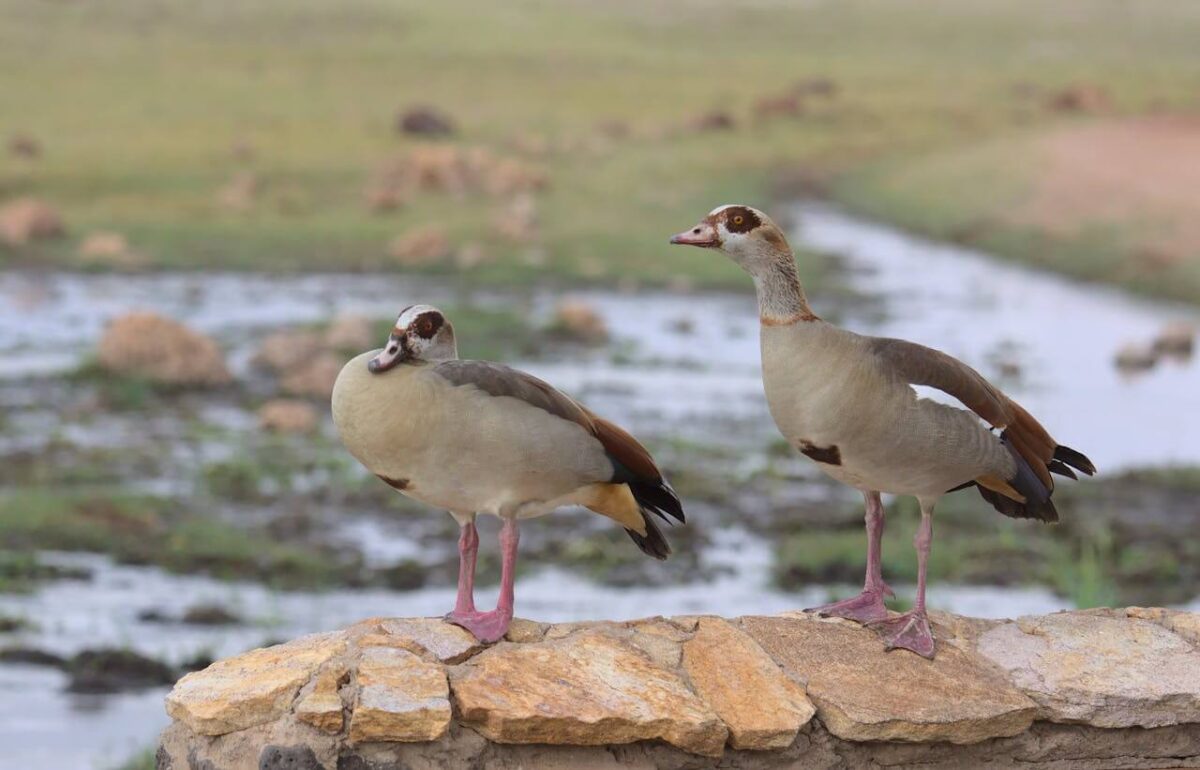
Lake Victoria (Dunga Beach & Kisumu)
Papyrus swamps offer some of Kenya’s rarest waterbirds.
Taita Hills (Highlands)
Home to Kenya’s rarest endemic birds in a threatened forest.
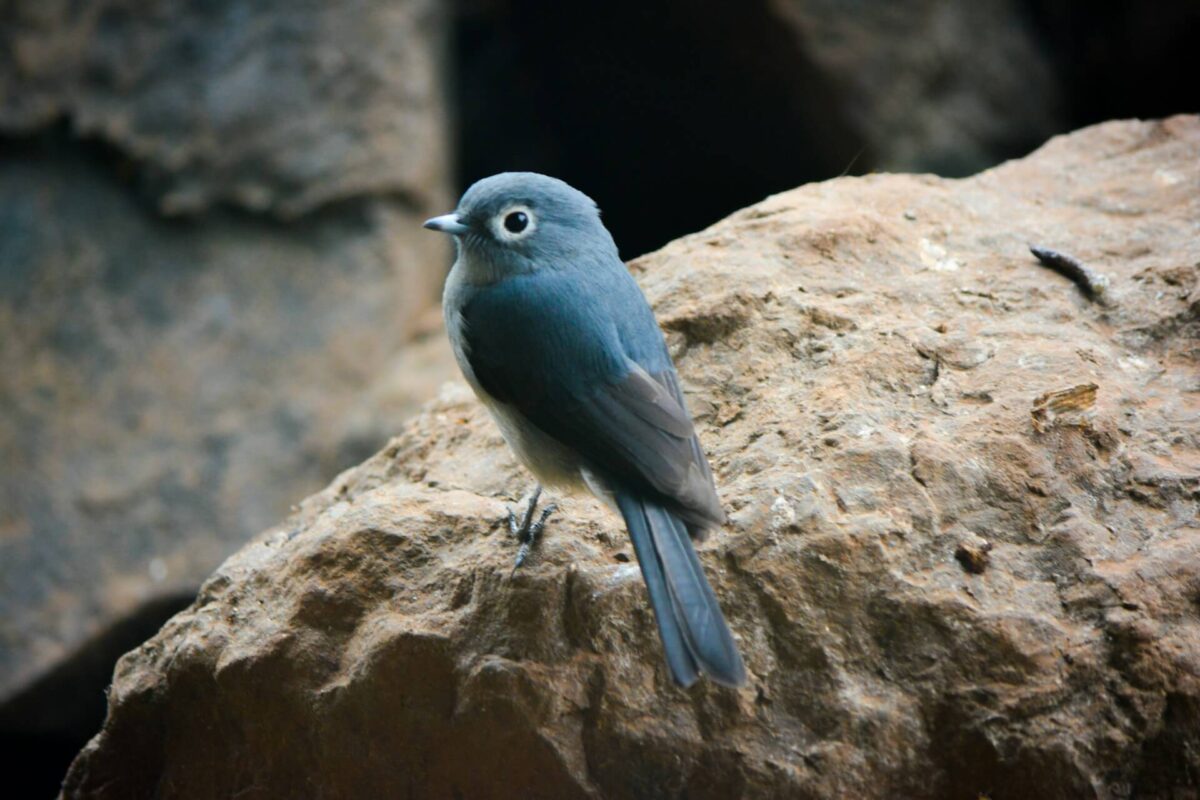
Migratory Birds in Kenya
Kenya hosts a diverse range of migratory birds, over 170 species, primarily between November and April, when Palearctic migrants from Europe, Asia, and the Arctic arrive to escape the harsh winter. These include waders such as Common Sandpipers, Wood Sandpipers, and Little Stints, often seen in Lake Nakuru, Lake Bogoria, and Sabaki Estuary. Raptors like the Steppe Eagle, Lesser Spotted Eagle, and European Honey Buzzard soar across the savannas, while forests and wetlands attract Willow Warblers, Eurasian Bee-eaters, and Barn Swallows.
Some species, like the Amur Falcon and Sooty Falcon, make epic journeys from Asia. Additionally, Kenya sees intra-African migrants, such as the African Paradise Flycatcher and Abdim’s Stork, which move in response to rainfall patterns. The Rift Valley lakes, coastal wetlands, and Maasai Mara are prime locations for witnessing these migratory spectacles, especially during peak movement periods in November–December and March–April.
Kenya Birding Infrastructure
Kenya has a well-developed birding infrastructure, making it one of Africa’s top birdwatching destinations. The country offers:
- specialized birding guides
- well-maintained national parks
- private conservancies
- eco-lodges
- and reliable transport options options to ensure a great birding experience
With its diverse habitats, excellent lodges, experienced guides, and strong conservation efforts, Kenya offers one of the best birding infrastructures in Africa.
Birding Adventures
Marspec Birding and Wildlife Safaris utilizes its birding expertise to develop and implement birding in Kenya safaris, which are well thought through and customized to clients’ interests and satisfaction. We ensure all aspects are checked and aligned for the best birding experience in Kenya.
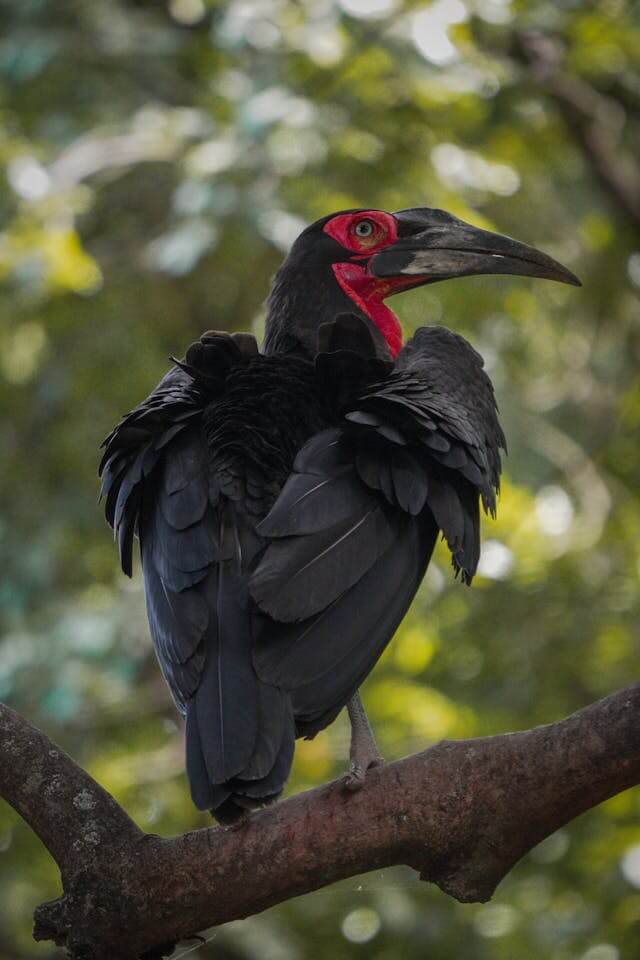
Bird Conservation
Due to deforestation and agricultural expansion, Kenya’s birdlife faces several threats, including habitat destruction, especially in forests like Kakamega and Taita Hills. Climate change disrupts wetland ecosystems, affecting migratory and waterbirds such as flamingos in Lake Nakuru. Poaching and illegal bird trade also endanger species like parrots and raptors, while poisoning of vultures due to human-wildlife conflict remains a critical issue. Conservation efforts are led by organizations such as Nature Kenya, BirdLife International, and Kenya Wildlife Service (KWS), which focus on habitat restoration, bird monitoring, and anti-poaching initiatives. Community-based programs across the country work to protect Kenya’s rare endemic birds in their respective sites. Protected areas, including Important Bird Areas (IBAs) like Arabuko-Sokoke and Maasai Mara, play a crucial role in safeguarding bird populations. Continuous research, policy enforcement, and eco-tourism initiatives are key to ensuring the long-term conservation of Kenya’s rich avian biodiversity. Our birding in Kenya and wildlife safaris present to our clients opportunities to contribute to the conservation efforts – grab it and save a bird!
